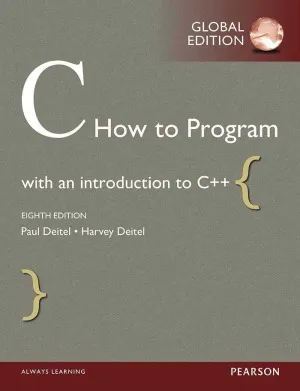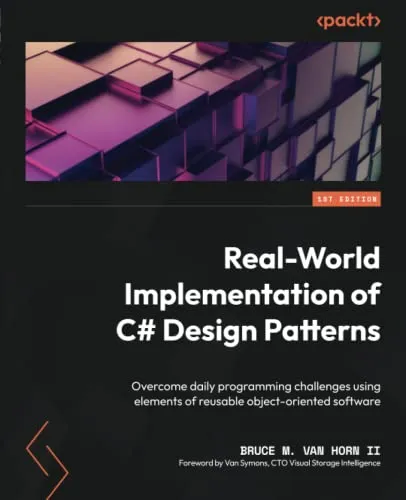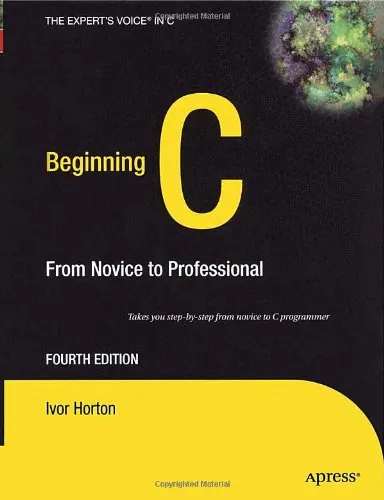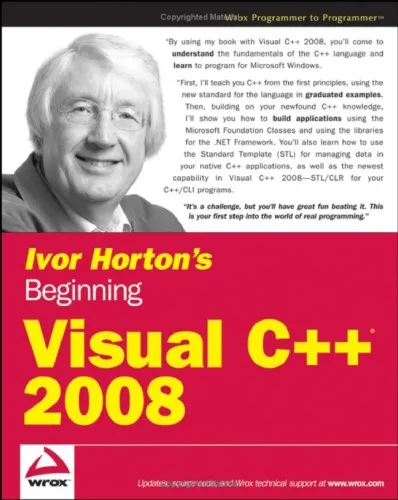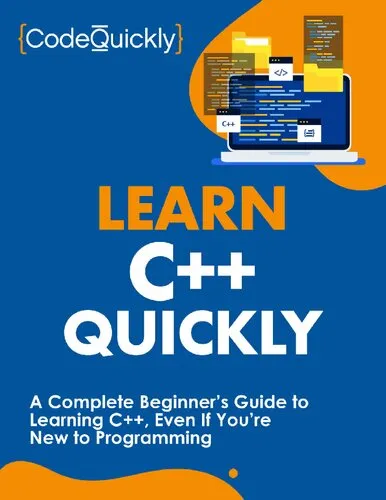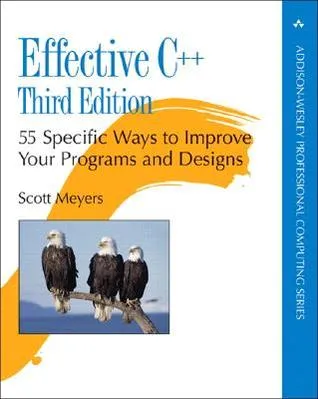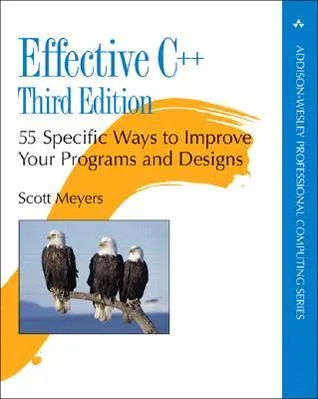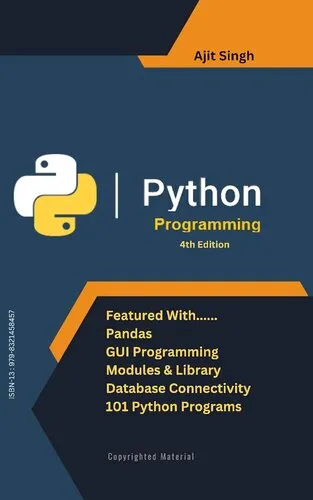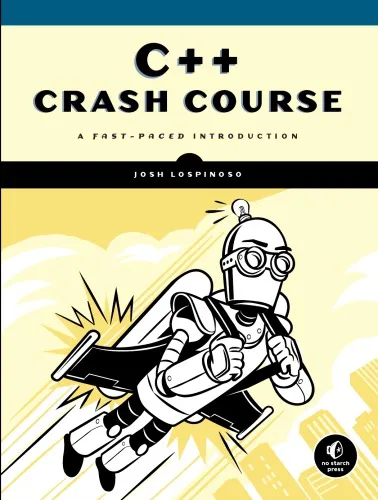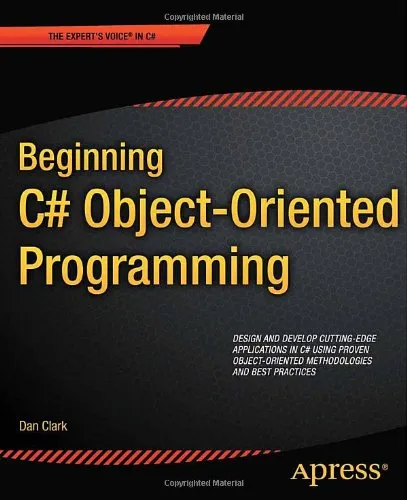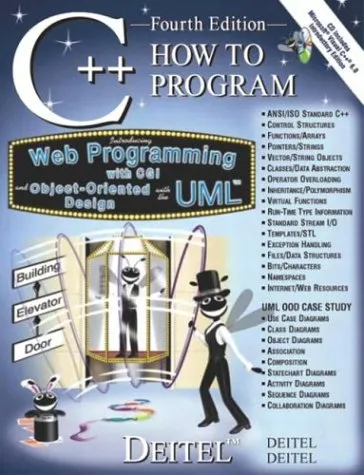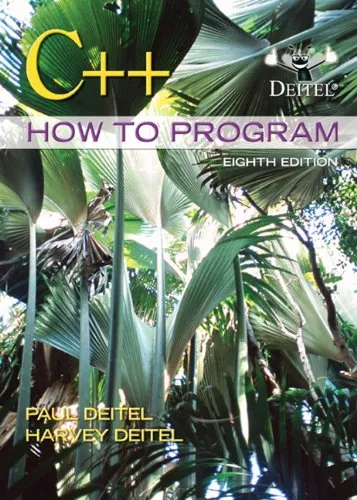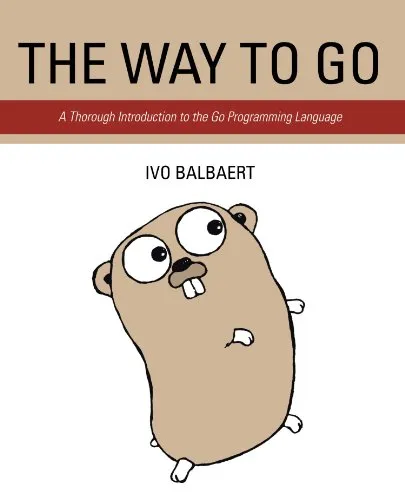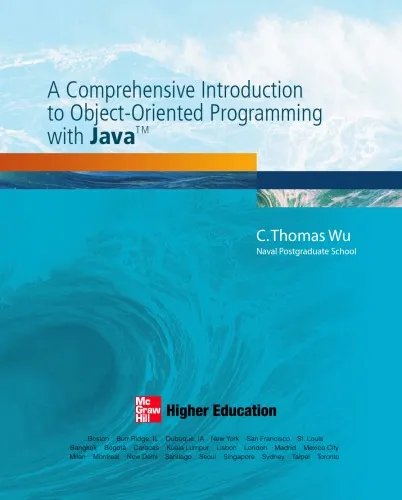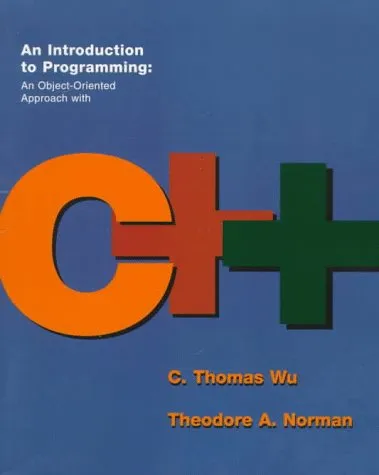C How to Program. With an Introduction to C++
4.0
Reviews from our users

You Can Ask your questions from this book's AI after Login
Each download or ask from book AI costs 2 points. To earn more free points, please visit the Points Guide Page and complete some valuable actions.Related Refrences:
Introduction to 'C How to Program. With an Introduction to C++'
Welcome to an intricate journey of learning and mastering the programming languages that have shaped the software development landscape: C and C++. This book, authored by acclaimed educators Paul Deitel and Harvey Deitel, serves as both a comprehensive guide and a resourceful reference for students and seasoned programmers alike.
Detailed Summary of the Book
'C How to Program. With an Introduction to C++' offers an extensive exploration of the C programming language, integrated with a concise introduction to C++. The book is meticulously crafted to impart a deep understanding of fundamental and advanced programming concepts through a blend of theoretical explanations and practical applications.
Starting from the basics of C programming, the book guides readers through various core concepts such as data types, control structures, functions, arrays, pointers, and file processing. The inclusion of well-constructed examples and exercises aids readers in reinforcing their learning through application.
The latter part of the book introduces C++, elaborating its object-oriented programming capabilities, which include classes, inheritance, and polymorphism. Although the focus remains on C, this supplementary introduction serves as a primer for those interested in transitioning to C++ or understanding the foundational differences between these languages.
Key Takeaways
- Comprehensive coverage of C programming from fundamental to advanced topics.
- An insightful introduction to object-oriented programming principles via C++.
- Hands-on learning through examples, exercises, and real-world projects.
- Focus on problem-solving skills and best coding practices.
Famous Quotes from the Book
"Learning C helps programmers understand the underlying structure of computing and can influence programming effectiveness across all languages."
"C++ serves as an elegant introduction to programming's OOP era, extending the functionality while retaining the efficiency of C."
Why This Book Matters
The significance of 'C How to Program. With an Introduction to C++' lies in its pedagogical approach and its timelessness. As a textbook, it is both a teaching aid and a manual for budding programmers. It provides an in-depth understanding of C, a language whose principles are grounded in computer science, making it foundational for learning other languages.
The book’s structured layout and cohesive flow effectively cater to various learning styles, accommodating readers with different paces and levels of understanding. It affirms its relevance by addressing both the theoretical underpinnings and practical applications of programming concepts, ensuring readers can not only write code but also develop solutions.
Furthermore, bridging the gap between C and C++ encourages a broader comprehension of programming paradigms. As C remains pivotal in systems programming and embedded systems, and C++ offers robustness in software design, this book empowers readers with the versatility to switch contexts in their programming careers.
Free Direct Download
You Can Download this book after Login
Accessing books through legal platforms and public libraries not only supports the rights of authors and publishers but also contributes to the sustainability of reading culture. Before downloading, please take a moment to consider these options.
Find this book on other platforms:
WorldCat helps you find books in libraries worldwide.
See ratings, reviews, and discussions on Goodreads.
Find and buy rare or used books on AbeBooks.
1464
بازدید4.0
امتیاز0
نظر98%
رضایتReviews:
4.0
Based on 0 users review
Questions & Answers
Ask questions about this book or help others by answering
No questions yet. Be the first to ask!
